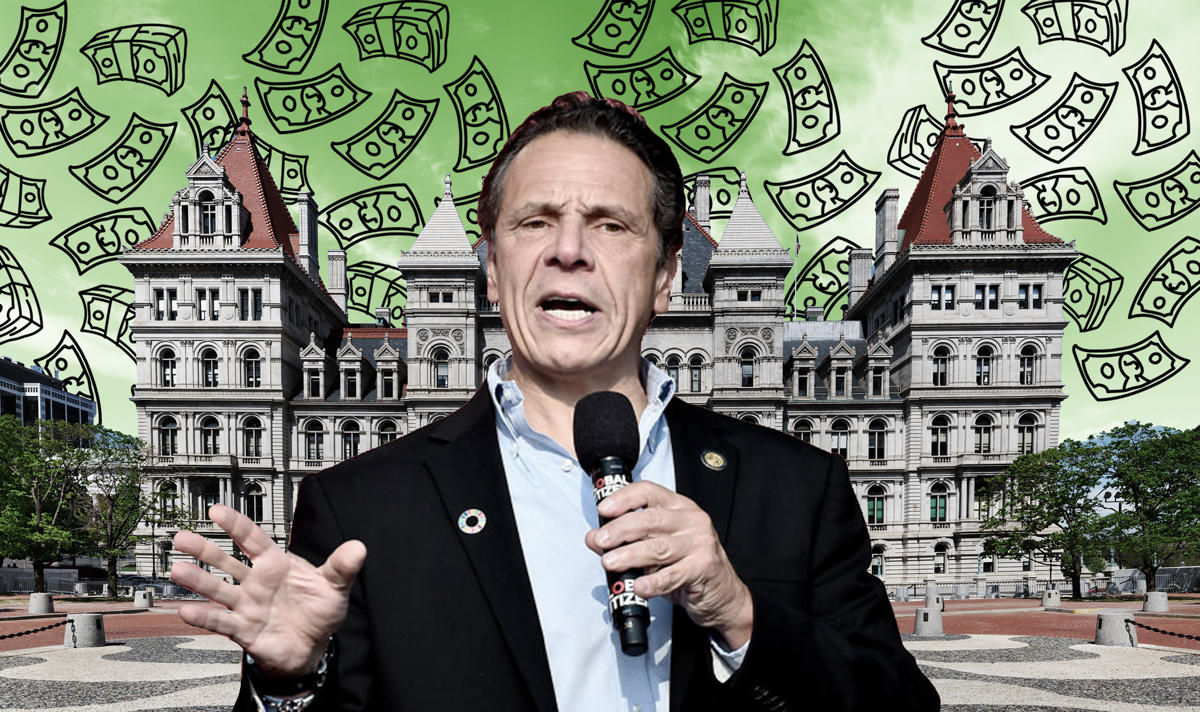Trending
Democrats have said they support closing the LLC loophole for years. Will they actually do it?
Candidates benefitted strongly from the real estate industry-favored loophole even as they campaigned against it

With Democrats now fully in control of New York’s state government, their constituents should soon find out whether all of those promises to close the oft-maligned LLC loophole were more than just rhetoric.
The law allows limited liability companies to act like people and donate up to $65,100 to each statewide candidate during each election cycle, much more than the $5,000 limit placed on corporations. Democrats campaigned on ending this during their bid to recapture the State Senate while simultaneously accepting more than $400,000 from LLCs, raising questions about how serious they were in their promises to overhaul the state’s campaign finance laws, according to the New York Times.
The real estate industry has long taken advantage of this law during political campaigns, and the state capital may not turn completely against them even with Democrats in control of all branches. The Assembly has already voted to close the loophole multiple times, but Gov. Andrew Cuomo recently indicated members could be less enthusiastic about closing the loophole now that it could become law.
Cuomo himself has said he supports closing the loophole and blamed Republicans for keeping it open. At the same time, he has raised much more through LLCs than the Republicans who controlled the State Senate over the years.
Democrats said their majority across Albany would not prevent them from working to close the loophole, and they might not end up receiving much resistance from the real estate industry when trying to do so. Rather, executives could feel relieved about not having to donate so generously to candidates.
“For better or for worse, people campaign under the laws as they are when they’re running,” Michael Kink, executive director of the Strong Economy for All Coalition—a union and community organization group—told the Times. “There is a consensus among Democrats that we should change this law.” [NYT] – Eddie Small




